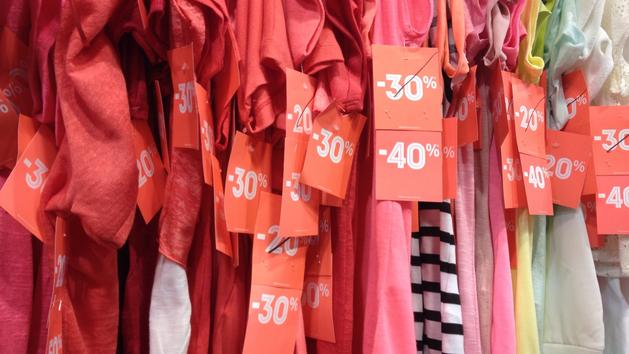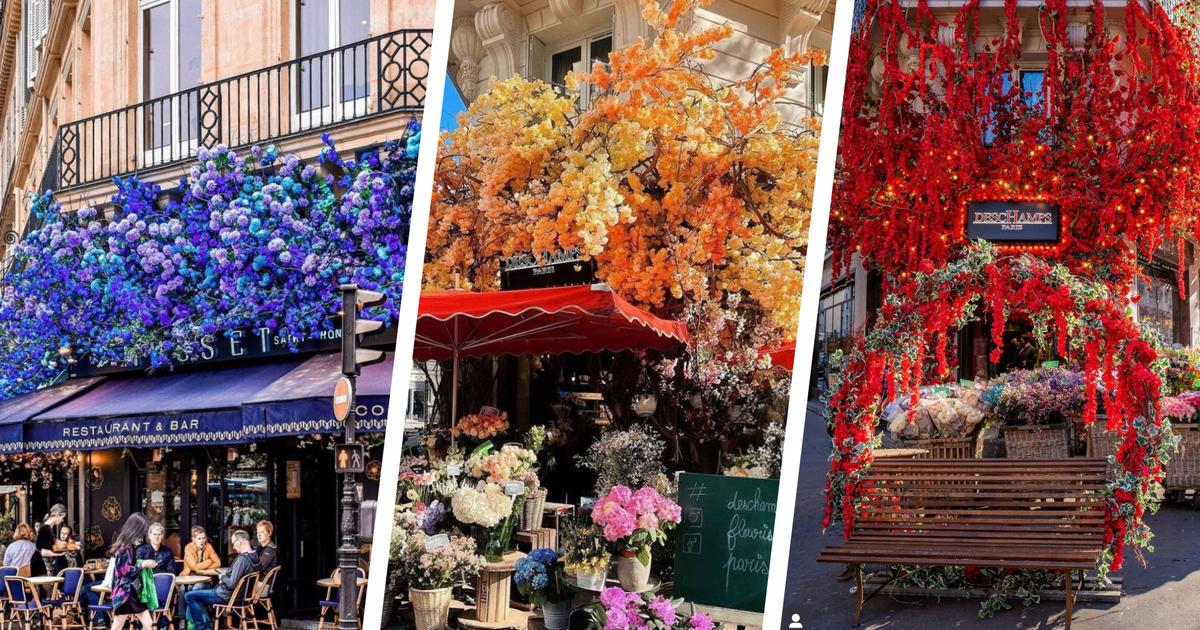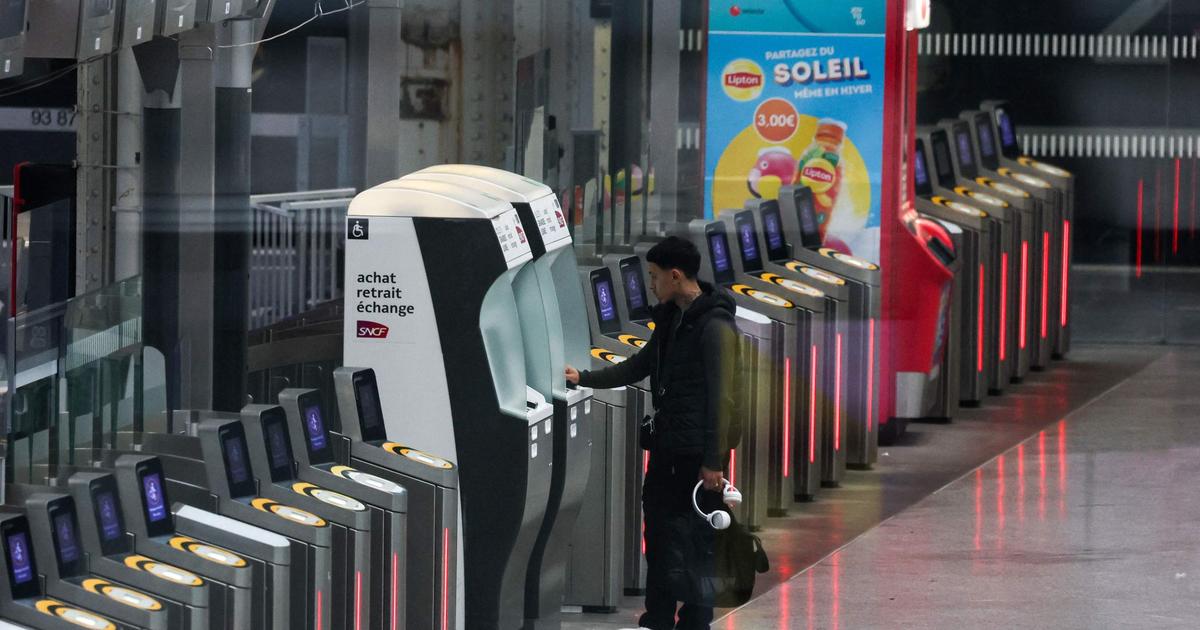The summer sales end in a week and for many Parisian traders it is as if they had never started. After long weeks of closure due to confinement, they nevertheless hoped to see their turnover rise on this occasion. It has not happened. According to the annual survey * of the Ile-de-France Chamber of Commerce and Industry (CCI), the sales did not have a positive effect on the turnover of 61% of Parisian traders. " We expected a little but as always, we hope, " laments Didier Kling, president of the CCI Île-de-France.
Read also: Atypical sales that will not save a black season
More generally, for 9 out of 10 traders, the result of the 2020 sales is lower than that of last year. In question, of course, the health crisis. More than 40% of Parisian traders believe that barrier measures constitute a first major obstacle to movement in stores and hamper attendance. " It's complicated to enter the shops today, you don't have to be more than three, wear a mask, you can't try the products ", explains Didier Kling.
In addition, traders regret the government's decision, which they had for the most part called for, to postpone the sales. Initially scheduled for June 24, they had been postponed to July 15. A decision partly justified by the fact that the smallest businesses had to replenish cash flow after confinement so as not to have to sell off immediately and at a loss.
Read also: Trade: the good surprises of deconfinement
Today, three quarters of Parisian traders regret this decision. Indeed, during this period, Paris was deprived of a large part of its tourists as well as a part of its inhabitants from the beginning of July, who left on vacation. “ The strategy has not paid off, ” confirms the president of the Ile-de-France CCI. According to him, consumers who remained in Paris had other objectives, such as preparing for the holidays, notes a shopkeeper interviewed by the survey.
Faced with this, several observations are drawn up. On the one hand, " it is not new that the sales are disappointing ", continues Didier Kling. “ There is a basic problem which is that of downtown commerce ,” he adds. Indeed, according to a 2016 government report, the number of business failures in commerce has increased by 20% in fifteen years. “ People tend to go outside of city centers, often for price reasons. We have to reinvent city centers , ”says Didier Kling.
Read also: Desertification of city centers: is it too late to react?
He also believes that, despite the reduction from six to four weeks, the duration of the sales remains too long. He takes as an example the simple day of Black Friday, in November, which provokes an increasingly strong wave of euphoria in the shops. " The time when everyone was waiting in front of the windows for the day of the sales has undoubtedly lived, " he laments.
Finally, as during confinement, it is online commerce that has fared well, reveals the investigation. More than half of traders (58%), moreover, think that customers accustomed to the store before the health crisis now prefer to order online. “A lot of traders tell us, 'my customer comes to my house to look at an item, then he buys it on the internet and the delivery is made in my shop, ” says Didier Kling. A situation which relegates shops to the status of relay point. And their setbacks should not end this summer. 10% of those questioned seriously think about going out of business, while only 59% try to remain optimistic. An obviously “ worrying ” figure , according to the CCI.
* Survey carried out among 300 Parisian traders.












/cloudfront-eu-central-1.images.arcpublishing.com/prisa/KMEYMJKESBAZBE4MRBAM4TGHIQ.jpg)


